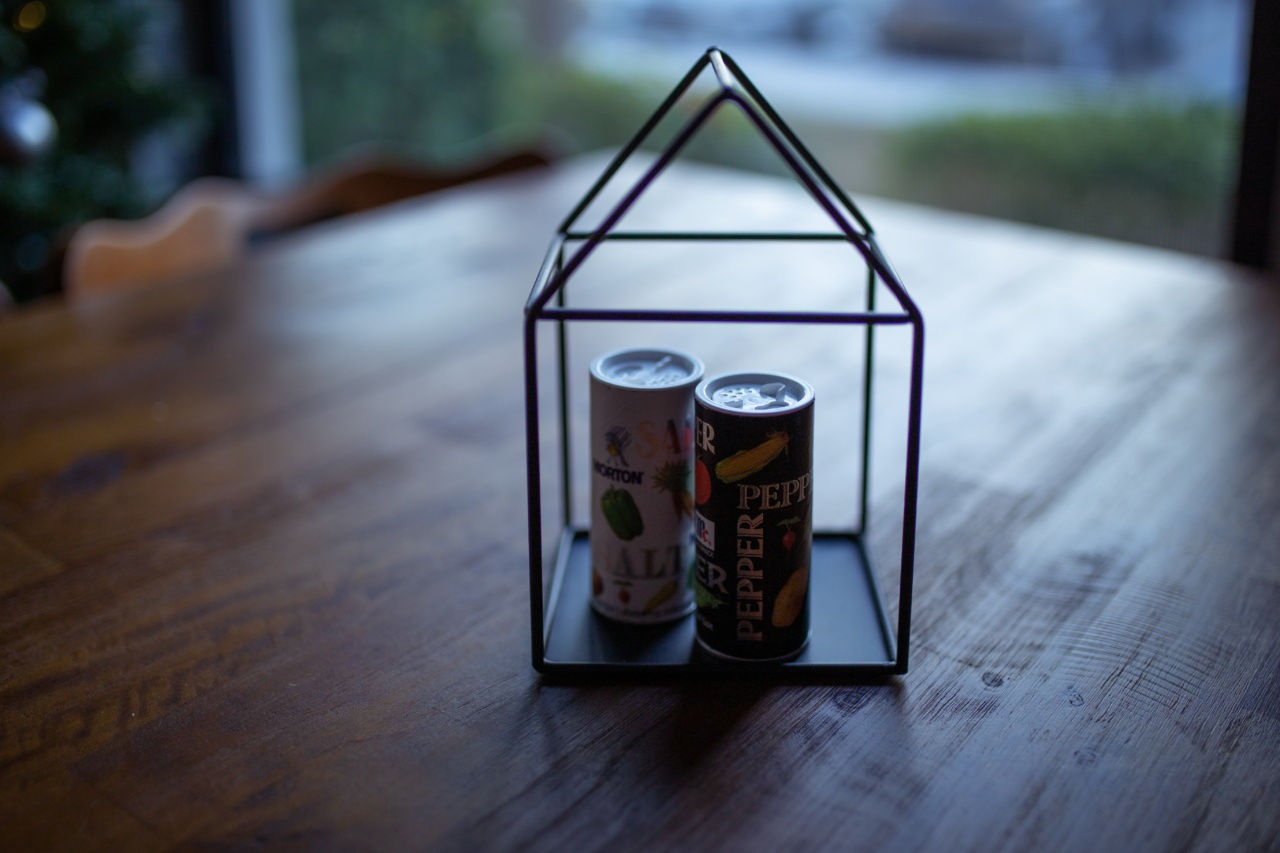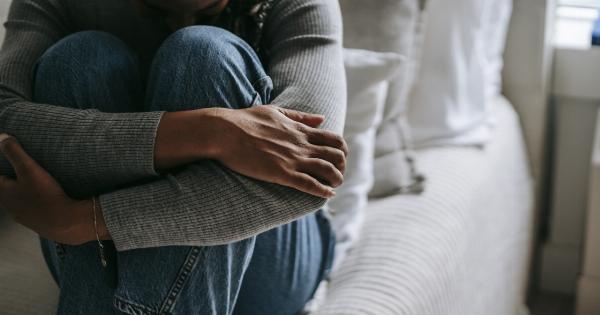Caffeine is a substance found in many food and drink products. It is a central nervous system stimulant and is used by many people to help increase focus or energy levels.
However, consuming too much caffeine can lead to caffeine overdose, which can have serious health consequences, including poisoning.
What is Caffeine Overdose?
Caffeine overdose occurs when someone consumes too much caffeine in a short period of time. People can overdose on caffeine by drinking too much coffee, tea, energy drinks, or other caffeinated beverages, or by taking caffeine pills or supplements.
The amount of caffeine that can lead to an overdose varies from person to person, but generally, consuming more than 400 mg of caffeine in a day can be considered an overdose.
Symptoms of Caffeine Overdose
The symptoms of caffeine overdose can vary depending on the amount of caffeine consumed and the person’s sensitivity to caffeine. Some of the most common symptoms of caffeine overdose include:.
- Restlessness
- Insomnia
- Increased heart rate
- Muscle tremors
- Headache
- Nausea
- Vomiting
- Anxiety
- Confusion
- Chest pain
In severe cases of caffeine overdose, people can experience seizures or even go into a coma. These severe symptoms are more likely to occur if someone consumes a very large amount of caffeine in a short period of time.
Caffeine Poisoning
If someone consumes a very large amount of caffeine or has a severe reaction to a smaller amount of caffeine, they may experience caffeine poisoning. Caffeine poisoning is a medical emergency, and symptoms can include:.
- Vomiting repeatedly
- Inability to control movement
- Seizures
- Irregular heartbeats
- Breathing trouble
- Hallucinations
- Psychosis
- Death
If you suspect that someone is experiencing caffeine poisoning, call emergency services immediately.
Who is at Risk for Caffeine Overdose?
Anyone who consumes caffeine is at risk for caffeine overdose. However, certain groups of people may be more susceptible to caffeine overdose, including:.
- Children and adolescents
- Pregnant women
- People with certain medical conditions
- People taking certain medications
Children and adolescents may be more susceptible to caffeine overdose because their bodies are less able to metabolize caffeine.
Pregnant women may be more susceptible to caffeine overdose because caffeine can cross the placenta and affect the developing fetus.
People with certain medical conditions, such as heart disease, anxiety disorders, or gastrointestinal problems, may be more susceptible to caffeine overdose because caffeine can exacerbate these conditions.
People taking certain medications, such as some antibiotics or antidepressants, may be more susceptible to caffeine overdose because caffeine can interact with these medications.
Preventing Caffeine Overdose
The best way to prevent caffeine overdose is to consume caffeine in moderation. The following tips can help you avoid consuming too much caffeine:.
- Limit your consumption of caffeinated beverages and products
- Read product labels to determine the caffeine content
- Be mindful of how many caffeinated products you consume in a day
- Choose decaf or non-caffeinated alternatives when possible
- If you take caffeine supplements or pills, follow the recommended dosage and talk to your doctor before starting any new supplements
Treating Caffeine Overdose
If you or someone you know has consumed too much caffeine, there are a few things you can do to help alleviate the symptoms:.
- Drink plenty of water to stay hydrated
- Rest and try to relax
- Take over-the-counter pain medication for headache or muscle pain, if needed
- If you experience chest pain, irregular heartbeats, or severe symptoms, seek medical attention immediately
Conclusion
Caffeine overdose can have serious health consequences, including caffeine poisoning, which can be life-threatening. Anyone can be at risk for caffeine overdose, but certain groups of people may be more susceptible to it.
To prevent caffeine overdose, it is important to consume caffeine in moderation and to be mindful of how much caffeine you are consuming. If you or someone you know is experiencing symptoms of caffeine overdose, seek medical attention immediately.






























